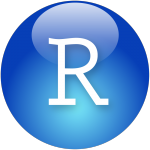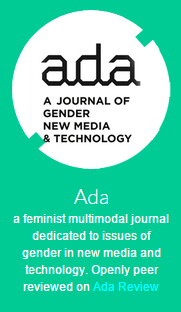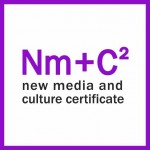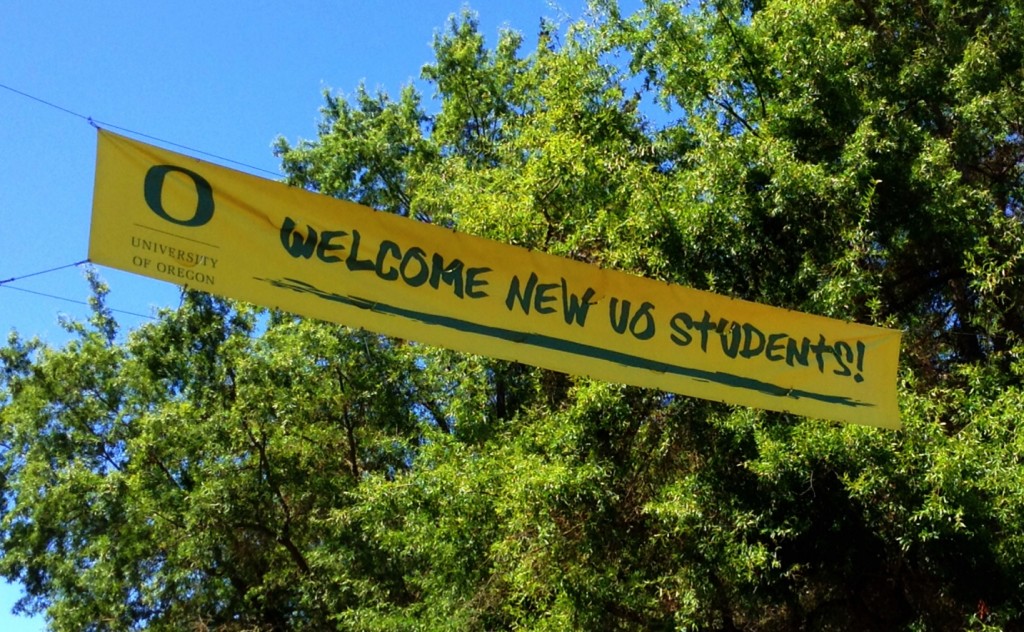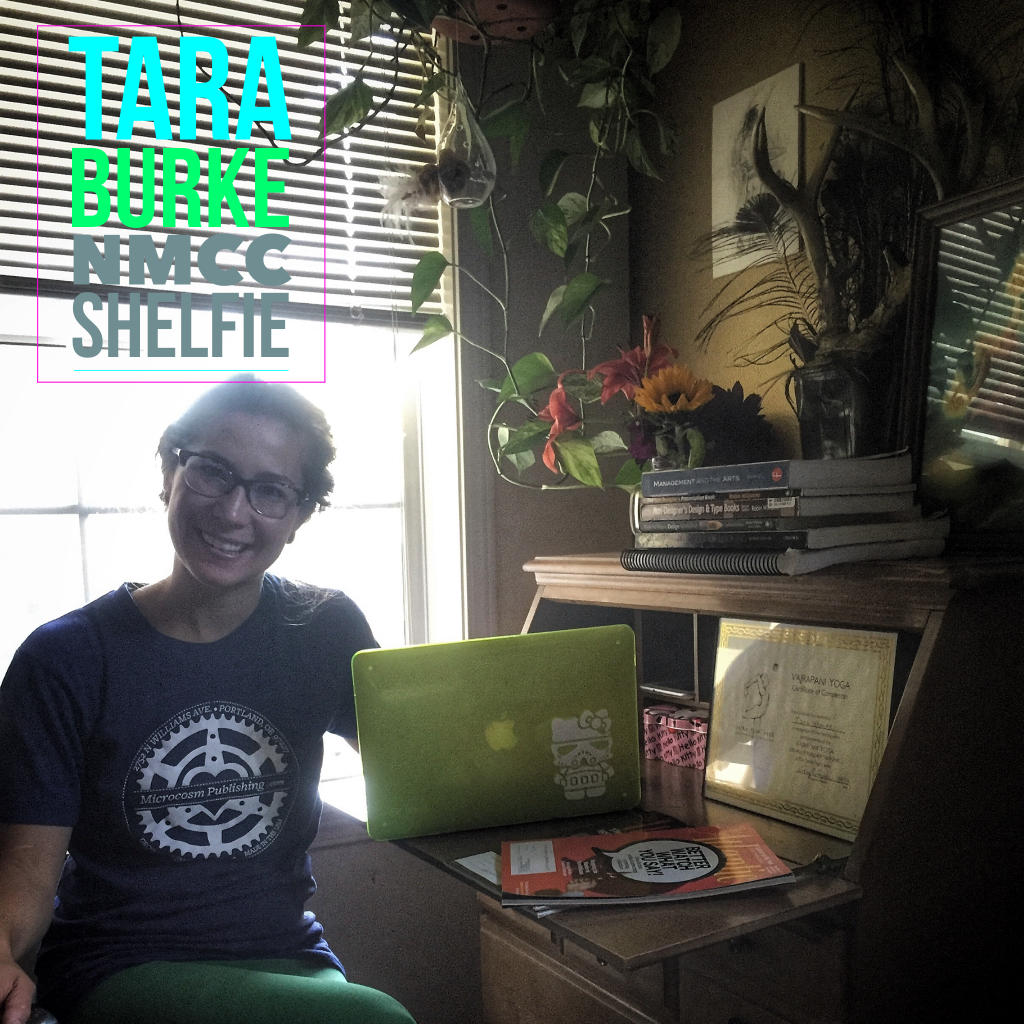 I currently help operate and construct visual designs and special productions for music festivals across the country. I recently came back from a summer working at Electric Forest Festival in Michigan, Forecastle in Kentucky and Summer Meltdown Festival in Washington. I ran the operations for special productions of electric forest, which involved participating for the world record group hug. In Forecastle, I was apart of the visual design production team and at Summer Meltdown Festival I was lead volunteer coordinator for 200 volunteers. Having an understanding of new media and culture is essential to the creative events management field and really gives the chance to showcase the multilayers and hats worn by arts managers.
I currently help operate and construct visual designs and special productions for music festivals across the country. I recently came back from a summer working at Electric Forest Festival in Michigan, Forecastle in Kentucky and Summer Meltdown Festival in Washington. I ran the operations for special productions of electric forest, which involved participating for the world record group hug. In Forecastle, I was apart of the visual design production team and at Summer Meltdown Festival I was lead volunteer coordinator for 200 volunteers. Having an understanding of new media and culture is essential to the creative events management field and really gives the chance to showcase the multilayers and hats worn by arts managers.
Discovery of NMCC:
I discovered the New Media and Culture certificate when I was beginning my graduate degree through Arts Administration this past Fall. As an arts management student who is interested in community arts program, I felt that NMCC would allow for more diversification in my skillset through field of arts management and diversify my branding when curating event productions.
I was excited to collaborate and engage in discourse with students of all mediums. As an arts management students, I am particularly interested in arts programming and creative event curation, and the opportunity to hear all different students use media studies in their own concentrations was exciting. The New Media and Culture Certificate seemed like a great avenue to explore classes outside of my concentration of study while still being able to bridge connections and see crossovers of disciplines.
I was very attracted to the student group participations and dynamics in my certificate course of study thus far. I am interested in more counter culture forms of engagement through ritual and radical community gatherings, and to be able to offer a diverse perspective to those who have never been exposed to these forms of engagement was exciting and refreshing. One of my biggest achievements from last fall was getting my literary book review submitted to an academic journal that was accepted this summer and will be coming out later in the year through a virtual literary review site. I felt this was excellent experience I may not have been exposed to without being interested in the NMCC. Check out upcoming classes for the Fall 2015!
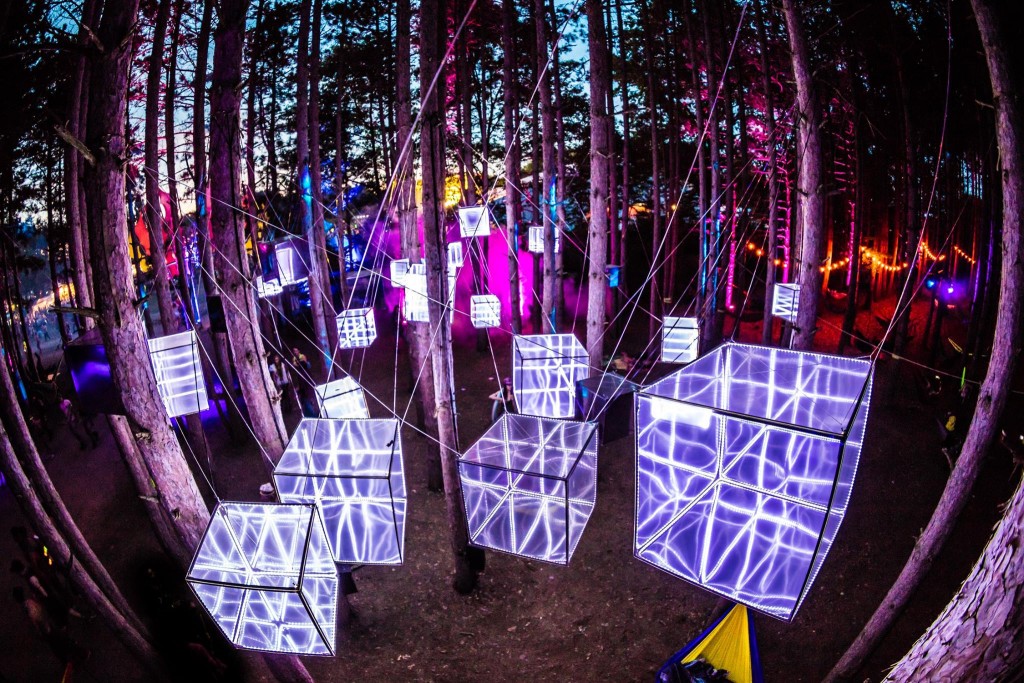
Useful Resource for new media students:
The Digital Scholarship Center:
The most useful resource for myself for NMCC is the research librarians. I recently discovered them when focusing on research for my fellowship in assisting an AAD faculty member and I couldn’t be happier. These librarians have full understanding and access to the capacity of the library, both on and off web. They are extremely helpful when navigating the complex search engines and helping to narrow down and decipher good content. I do not know how I survived this long without knowing about this resource! They are wealth and information and should be utilized as such when conducting your research methods and construction of your thesis.
What My Year Looks Like.
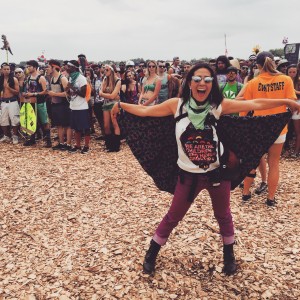 This year I am hoping to hone in more of my graphic design skills and branding as an arts manager. NMCC offers great course content on all of this and coupled with my classes from AAD focusing on Adobe Suite, I am excited to create enough content for future contracts and job opportunities in creative event design and curation.
This year I am hoping to hone in more of my graphic design skills and branding as an arts manager. NMCC offers great course content on all of this and coupled with my classes from AAD focusing on Adobe Suite, I am excited to create enough content for future contracts and job opportunities in creative event design and curation.
I am currently working with an AAD faculty member as a publication coordinator and research for two upcoming book projects. One book will focus on a case studies of performing arts venues and management styles, and the other will focus more on topics surrounding megaregionalism and public planning, policy and management surrounding the cultural policies of these regions. You will be able to find me at the following places: the library, the yoga studio or at home with my cat Bagherra.
Influential Reads
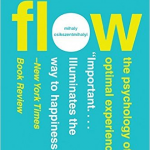
Flow: The Psychology of Optimal Experience (Harper Perennial Modern Classics)
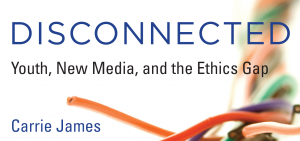
Disconnected: Youth, New Media, and the Ethics Gap (The John D. and Catherine T. MacArthur Foundation Series on Digital Media and Learning)
Media Industries, Work and Life-Mark Deuz– from the European Journal of Communication

- What’s on your shelf? Interested in being the next NMCC shelfie feature? Contact us!
 The University of Oregon Graduate School is seeking individual, poster, and five-minute presentation proposals. The 7th annual Grad Forum will showcase UO’s graduate student research, scholarship, and creative expressions. This year’s Grad Forum themes revolve around ideas of interdisciplinary work, innovative research, and life in the Pacific Northwest. The 2016 Graduate Student Forum will take place on February 26, 2016 at the Ford Alumni Center.
The University of Oregon Graduate School is seeking individual, poster, and five-minute presentation proposals. The 7th annual Grad Forum will showcase UO’s graduate student research, scholarship, and creative expressions. This year’s Grad Forum themes revolve around ideas of interdisciplinary work, innovative research, and life in the Pacific Northwest. The 2016 Graduate Student Forum will take place on February 26, 2016 at the Ford Alumni Center.

 Steve Doig
Steve Doig

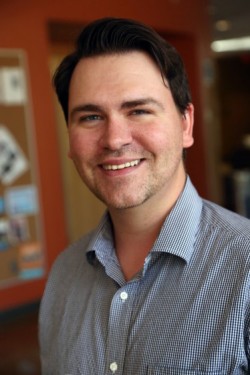 Ryan Eanes:
Ryan Eanes: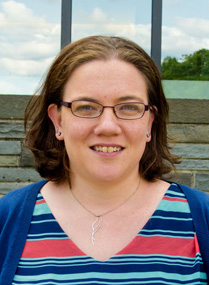 Emily McGinn:
Emily McGinn:



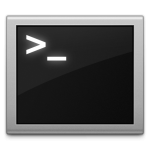 Learn the command line: “Part of this is my own bias – I use a Linux laptop at home and I like working in the Terminal – but there are some very simple, yet very powerful, commands that allow one to, for example, do quick word counts, see words in context across files, or convert files from one format to another. Learning to work on the command line also instills good practices for file naming, helps students understand how their computers are structured, and broadens ones horizons beyond GUI-oriented software. Prof. William Turkel has a series of
Learn the command line: “Part of this is my own bias – I use a Linux laptop at home and I like working in the Terminal – but there are some very simple, yet very powerful, commands that allow one to, for example, do quick word counts, see words in context across files, or convert files from one format to another. Learning to work on the command line also instills good practices for file naming, helps students understand how their computers are structured, and broadens ones horizons beyond GUI-oriented software. Prof. William Turkel has a series of 